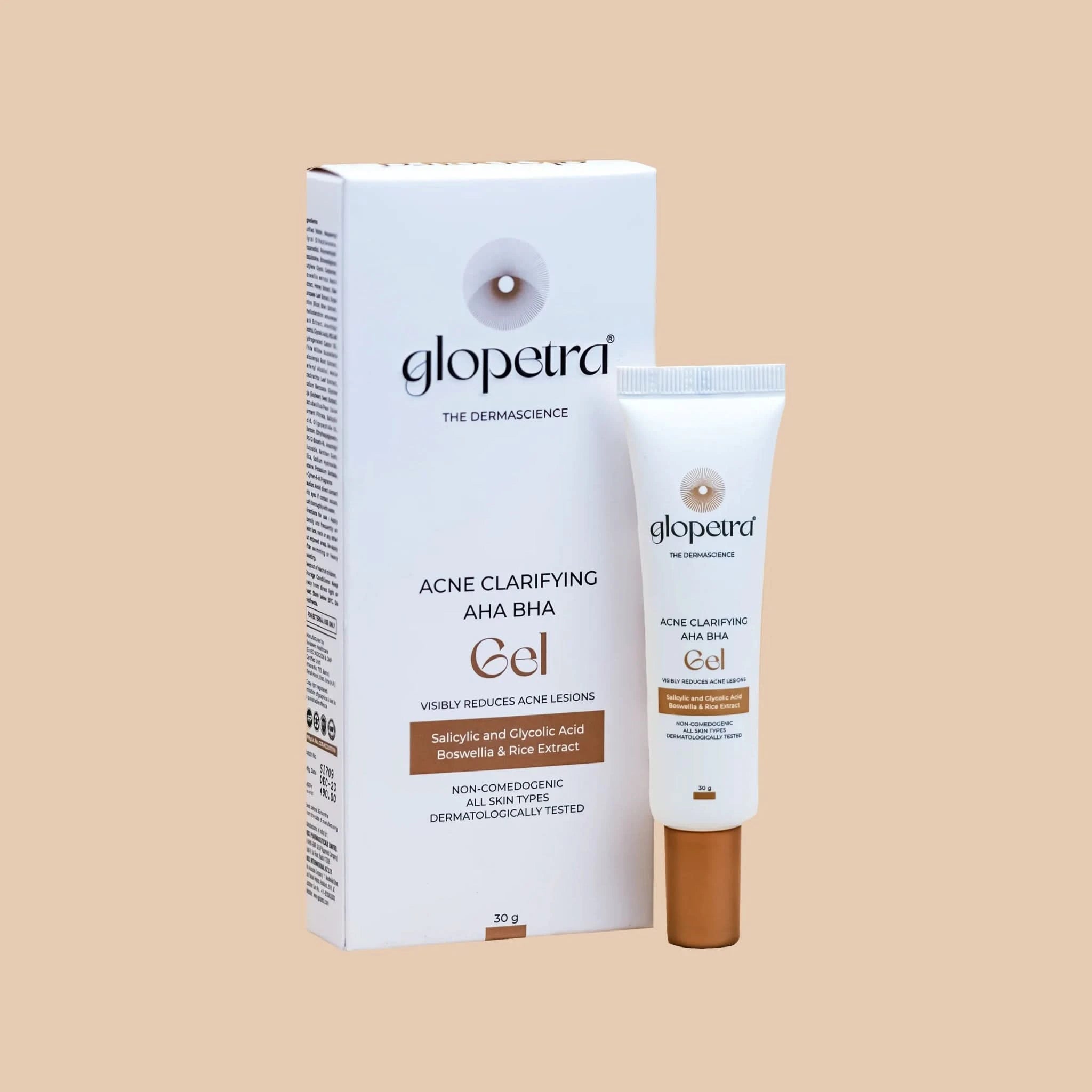
Retinol vs. Retinoids: What’s the Difference?
Retinol vs. Retinoids: What’s the Difference? - Hey, skincare fam, We are going to dip into the discussion of something everyone in the beauty world is talking about retinol and retinoids. If you have been around in the skincare game for a minute, you probably would've heard both terms thrown about like they are basically the same thing, but is that actually the same? Or does a huge difference stand between them? In this blog post, we’ll try to clarify your confusion and tell you about Retinol vs. Retinoids: What’s the Difference?
What is Retinol?
Retinol is a retinoid and an over-the-counter type of vitamin A. As a form, it's usually referred to in the media as a "more gentle" option of prescription retinoids, and it is very commonly used in various skincare products in serums, creams, and lotions. Although not as potent as prescription retinoids, retinol can produce amazing results. It clears pores, reduces fine lines, and also gives a brighter overall complexion.
On application to skin it converts into retinoic acid-this is, in fact, the active form of vitamin A-but this conversion does take a while and, consequently, it is relatively slower compared to the conversion rates of strong retinoids like tretinoin; that makes retinol more linearly acting on the skin.

What Are Retinoids?
Retinoids form a group of drugs derived from vitamin A. This is a generic term and includes quite several products, ranging from prescription-strength medications to over-the-counter preparations. The point behind how retinoids work is that they increase the rate of cell turnover to help cleanse the skin of dead cells and stimulate the growth of healthy new skin cells. It would make the fine lines and wrinkles more compact and not so deep, dark spots more light and less observable, and generally, less prone to acne breakout.
The most widely known forms of retinoids include tretinoin, adapalene, and tazarotene. Prescription-strength products are generally much stronger and more effective but could also be irritating to the skin, especially for first-timers.
Key Difference between Retinol and Retinoid:
|
Aspect |
Retinol |
Retinoids |
|
Type |
Over-the-counter (OTC) form of vitamin A |
Prescription forms, including tretinoin, adapalene, tazarotene |
|
Potency |
Less Potent |
More potent and have strong active ingredient |
|
Irritation |
Generally, these are mild, and less likely to cause irritation |
It may cause redness, dryness, peeling, and irritation. |
|
Effectiveness |
Effective for mild concerns such as fine lines, acne, and textures. |
Effective for severe concerns like acne, wrinkles, etc. |
|
Skin Tolerance |
Sensitive skin people may be used. |
May be harsh for sensitive skin. It may take a gradual introduction. |
|
Prescription Required |
No prescription is required. |
Prescription is required |
|
Speed of Result |
It takes time to show results |
Results may appear faster even in just a week. |
|
Use |
You may use it to treat early signs of aging |
Use in the treatment of severe acne, wrinkles, etc. |
|
Side Effects |
Redness, irritation |
Sun sensitivity, peeling, irritation, redness, etc. |
Which One to Choose?
The choice between retinol and retinoids is mainly based on your skin type, concerns, and the way your skin reacts to active ingredients.
- For sensitive skin or retinoid newbies, start with retinol. It's the gentler version that still offers most of the benefits of retinoids without upping the risk of irritation.
- If it's acne or anti-aging effects that you're after and quicker results and those which are more visible are what you want then tretinoin might be the prescription retinoid for you. Be prepared to get irritated and consult your dermatologist before you start.
- If your skin is a bit older then problems such as deep wrinkles, dark spots, and texture are affecting you, then prescription-strength retinoids will probably have better luck.
Conclusion
Whether it's retinol or a prescription-strength retinoid, the beauty benefits are dramatic and swift with regular use. And then, of course, they require patience; because no overnight miracle-working ingredients will it take to reveal the full benefit of these pieces. Don't forget, to introduce them slowly into your skincare, and team them with plenty of moisturizer and sunscreen to keep your skin comfortable and protected.
FAQs regarding Retinol vs. Retinoids: What’s the Difference?
1. Does retinol vary from retinoids?
Retinol is a milder, over-the-counter form of vitamin A derivative. Retinoids include stronger prescription forms like tretinoin and adapalene.
2. How long will I see results from retinol?
It will take an average of 4-6 weeks to notice the real difference.
3. Can I use retinol in the daytime?
No, retinol sensitizes the skin to the sun so best used at night and sunscreen during the day.
4. What is better, retinol or retinoids for acne?
Retinoids prescription- it works best on acne, however, retinol can work on mild cases.
5. What are the side effects of using retinoids?
Side effects of Retinoids include- Redness, Peeling, Irritation, sun sensitivity, etc.










